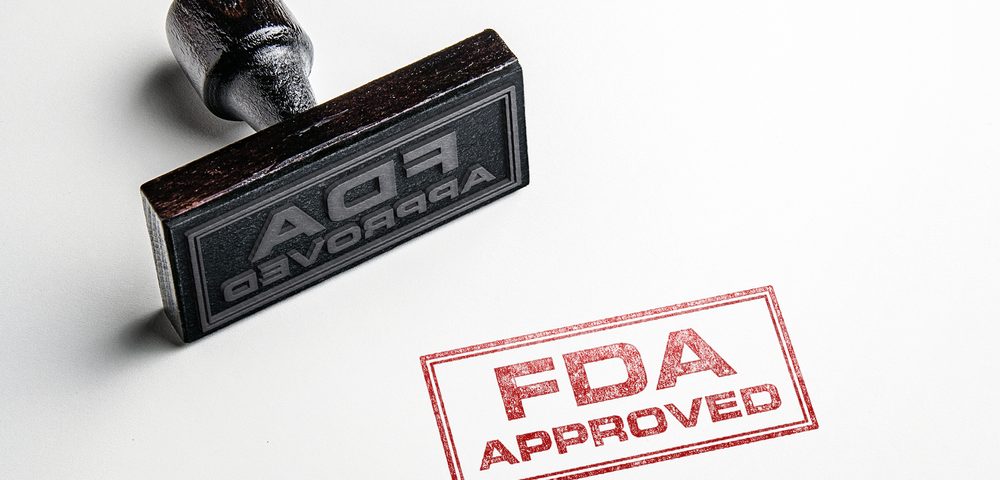The U.S. Food and Drug Administration (FDA) approved Epclusa for the treatment of patients with chronic hepatitis C virus (HCV) infection. Epclusa can be used as a monotherapy for patients without cirrhosis (late stage liver fibrosis) and in combination with ribavirin for patients with moderate to severe cirrhosis.
“This approval offers a management and treatment option for a wider scope of patients with chronic hepatitis C,” said Dr. Edward Cox, director of the Office of Antimicrobial Products in the FDA’s Center for Drug Evaluation and Research, in a press release.
Hepatitis C is a contagious viral disease and the most common cause of chronic liver disease. There are at least six major HCV genotypes that are genetically distinct groups of the viruses. Identifying which HCV genotype has infected a given patient is important, as it helps inform treatment recommendations such as drug, dose, and duration. Genotype 1 is the most common type in the U.S., affecting approximately 75% of all HCV patients, followed by genotype 2 or 3, accounting for 20-25% of patients with HCV.
Epclusa, a fixed dose combination of sofosbuvir (approved in 2013) and velpatasvir, is the first therapy to treat all six HCV genotypes.
Epclusa’s approval was supported by data from four international Phase 3 clinical trials.
ASTRAL-1, ASTRAL-2, and ASTRAL-3 studies evaluated Epclusa’s safety and efficacy in 1,035 patients with genotype 1-6, without cirrhosis or with mild cirrhosis, who received Epclusa for 12 weeks. Results showed that 98% of the patients had no virus detected in the blood 12 weeks after finishing treatment.
The ASTRAL-4 trial was a randomized study that analyzed 267 patients with genotype 1-6 and with moderate to severe cirrhosis. Patients received 12 weeks of Epclusa treatment with or without ribavirin, or 24 weeks of Epclusa only. Among the patients who received the combination therapy of Epclusa plus ribavirin, 94% had no virus detected in the blood, compared to patients receiving Epclusa for 12 or 24 weeks, in which 83% and 86% of the patients, respectively, had no detectable virus in the blood.
The most common side effects of Epclusa treatment were headache and fatigue. The therapeutic combination of Epclusa and ribavirin showed fatigue, anemia, nausea, insomnia, headache, and diarrhea as common side effects.
Epclusa use, reported to be associated with slower heart rates, co-administered with the antiarrhythmic medication amiodarone is not recommended.

